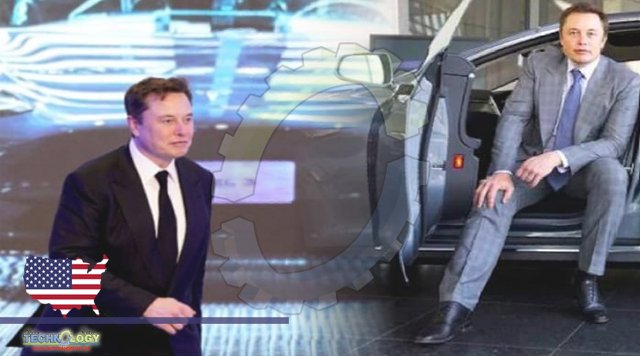The co-founder of Tesla and SpaceX spent three days in China at the end of May, visiting the Tesla factory in Shanghai and meeting with top government officials.

Elon Musk declared in a live audio chat on his social media platform Twitter that he was “kind of pro-China” and that Beijing was ready to work on international artificial intelligence (AI) regulations as a member of “team humanity.”
Musk, one of the most vocal opponents of AI, has argued that countries should band together to regulate and control the technology’s rapid development in order to reduce threats to civilisation and prevent a potential “Terminator future.”
“I’ve made this point in meetings with world leaders, including in China, and we’re actually in strong agreement that there should be AI oversight and regulation,” Musk said to two US representatives during the call, adding that he thought Beijing was “definitely interested in working in a cooperative international framework“.
The co-founder of Tesla and SpaceX spent three days in China at the end of May, visiting the Tesla factory in Shanghai and meeting with top government officials. A digital superintelligence powered by AI, according to Musk, could usurp the authority of the Communist Party of China, which is currently in power.
He said on the Twitter Spaces event that has since received over 2.8 million engagements, with 370,000 users having ‘tuned in’ as of Thursday, “I think that resonated because no government wants to find itself unseated by a digital superintelligence, so I think they are taking action on regulation and are concerned about this risk”.
The conversational bot ChatGPT from Open AI is just one example of the rapid advancements in AI that Beijing has sought to lead the world in implementing new regulations. Beijing is attempting to tame the technology, so on Thursday the Cyberspace Administration of China (CAC) published the nation’s first generative AI regulations.
According to Musk, the biggest barrier to AI regulation outside of China is the worry that Beijing won’t support international initiatives and thus gain an advantage in the field. Last year, the US restricted exports of advanced semiconductors to China, which are used to train AI systems, citing national security concerns.
Musk praised the people of the “underrated” nation while acknowledging that he had “some vested interests in the country,” adding that they are ultimately “on team humanity.”
Although he claimed that “there is some mistrust of China in the United States and of the United States in China,” he added that “based at least on conversations I’ve had, I think they would be amenable to being part of an international [AI] regulatory framework.”
While on the Twitter call with Musk, US Representative Mike Gallagher disagreed with the billionaire, claiming that the Chinese Communist Party was more on “team genocidal communism” and was attempting to use AI to stifle free speech and religion.
The Republican who heads the House Select Committee on strategic competition between the United States and the Chinese Communist Party said, “I just remain skeptical that they would slow down [AI] development, and I’m fairly certain in the near term, Xi Jinping will use this as an instrument for total tech totalitarian control.”
Internet watchdog CAC claims that AI regulations will call for generative AI models to pass a security evaluation, uphold Chinese socialist values, and refrain from producing content that suggests regime subversion, violence, pornography, or disturbs economic or social order.
The issue of Taiwan came up during the Twitter call as well, and Musk only stated, “Once the very difficult question of Taiwan is resolved, I’m certainly hopeful that relations between the US and China will improve,” rather than going into specifics about a resolution as he has in the past.
He continued, “I think in the end, these nation-state wars will seem parochial in comparison to a digital super intelligence.
Musk’s hour-long Twitter stream coincided with the day the tech billionaire unveiled xAI, a competitor to OpenAI, where he had previously served as a board member but which he now claims to be irresponsible and politically biassed.
Despite Musk being one of the thousands of signatories to an open letter published in March that urged AI researchers to put a hold on the creation of potent AI models and give space for “shared safety protocols,” xAI has just launched.